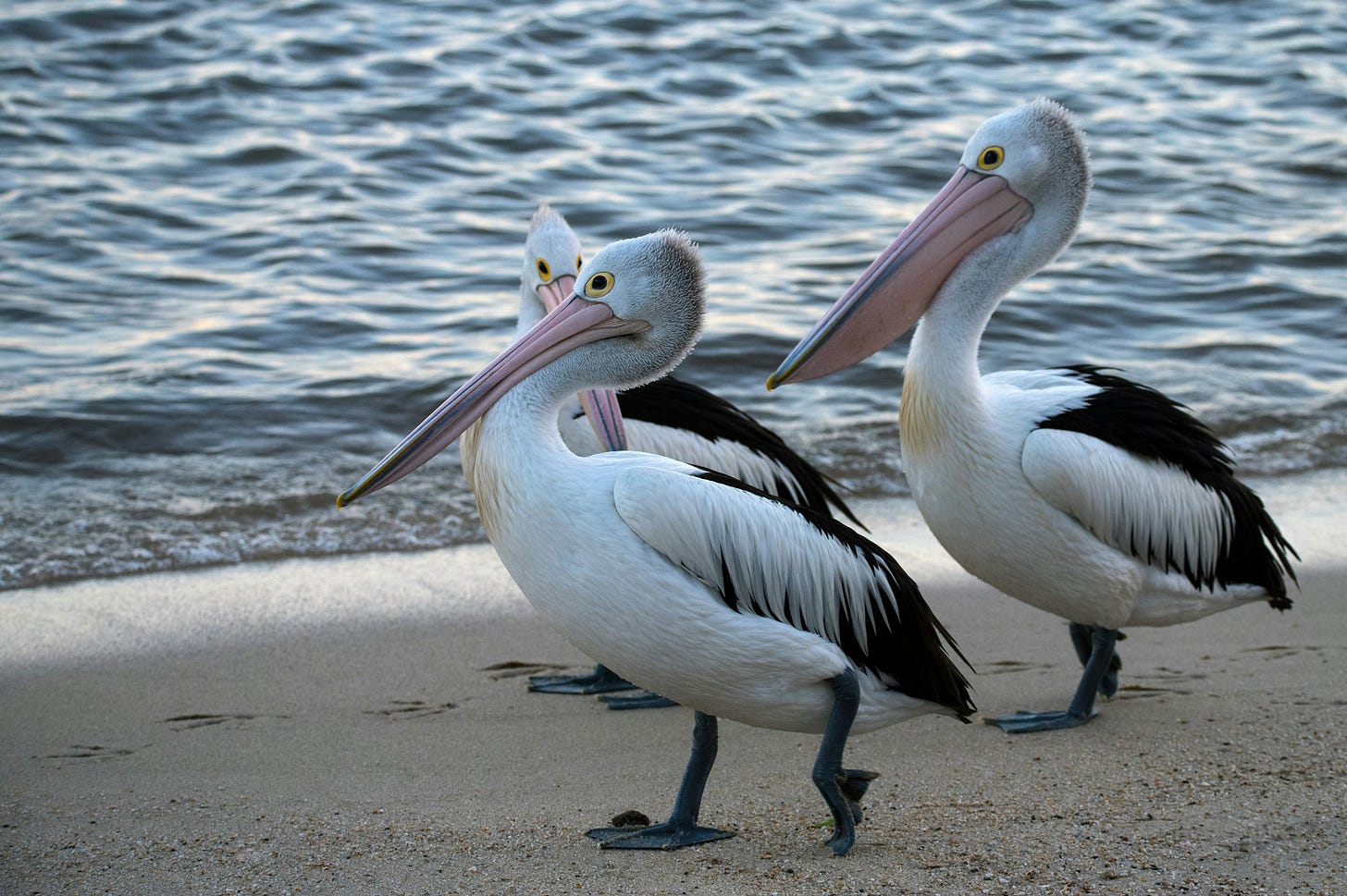Helen Garner, Australian essayist and novelist
The insults of age had been piling up for so long that I was almost numb to them. The pretty young publisher tottering along in her stilettos: ‘Are you right on these stairs, Helen?’ The flight attendant at the boarding gate: ‘And when you do reach your seat, madam, remember to stow that little backpack riiiight under the seat in front of you!’ The armed child behind the police station counter unable to conceal her boredom as I describe the man in a balaclava, brandishing a baton, who leapt roaring out of the dark near the station underpass and chased me and my friend all the way home: ‘And what were you scared of? Did you think he might hit you with his umbrella?’
Really, it is astonishing how much shit a woman will cop in the interests of civic and domestic order.
Read on. Garner reins in a snarky teen-ager and silences a patronizing waiter.
Marilynne Robinson, American essayist and novelist
Old age has its price.
You have to live to be 80 to find this out: Anybody under 50 feels they’re in a position to condescend to you. You get boxed into this position where people who deal with you are making assumptions about your intellect. It’s very disturbing. Most people my age are just fine.
And its rewards.
You just think more about life, the brevity of it, the complexity of it, the incredible richness that enters into it accidentally or intentionally. There’s something about youth that is wonderful: You really do think you’re immortal. Then you find out that there is a shelf life. The date approaches. That shapes your conception of life. It gives it a dramatic arc that is hard to anticipate so long as your body is not telling you that this is true.
She valued Biden for his strong institutional memory, for knowing how things are supposed to work, for being “habituated to his appropriate functioning.”
My own reflections: Fitness and its limitations
In the 1960s, with friends, I began doing the Royal Canadian Mounted Police exercise program. Why we chose that particular regimen, I don’t remember. But President Kennedy had blasted American unfitness, and we wanted to do better.
Later, in the 1970s, I watched as my friends began jogging and running; I didn’t join them. Never have. Not out of conviction; it’s just that neither ever interested me. (I remember wanting to write an article “Other jog; I walk.”) I did milder, exercises — free weights, swimming, aerobics classes — but never intensively. As the decades rolled on, research showed that regular moderate exercise is actually quite useful. And, hey, I’ve made it to 83. My doctor is happy.
Others did much more, and more intensively. I admired and sometimes envied them, especially when their practice went beyond health-seeking; when it produced, for instance, the beauty of dance, or the serenity of yoga. But by the 1990s I began to wonder whether the pursuit of health and fitness had become overvalued. Advice is everywhere: Eat more carrots, protect your sleep, go for walks. Each contributes to better health, a seriously good thing; but our belief in the power of these efforts can be unreasonable. “She has fibroids? I don’t understand. I know she works out.” A remark after a friend’s death: “He ran every day. He watched his diet . . . “ He was also in his 80s. Healthy living matters, but it guarantees nothing.
I also wonder whether health itself is wrongly valued. Not overvalued, but valued in an upside-down way. Friendship, religion, sex, travel — all are encouraged in the pursuit of health. Surely the cause-and-effect relationship goes in both directions? Good health makes all of those things more possible and more rewarding. Immersion in nature lowers my blood pressure? Great. But it also gives me time to reflect and puts me in touch with a greater reality. The ultimate value is not health, but a full life.
Even something as prosaic as lunch has a wider value. It should be nutritious, certainly. But food also gives pleasure. Eating lunch provides a change of pace and time to think; eating with others is a form of community, one of the deepest human goods.
And to repeat an argument I made when I wrote about happiness, a full life requires a substantial focus outside oneself. Valuing everything in terms of health intensifies self-absorption.
For that reason, a sign in my gym makes me cringe. “The most important project you’ll ever work on is yourself.” I so hope that’s not true for anyone. If it is, I’m sorry.
Which brings me back to Marilynne Robinson, and her remarks on death
What have you done that actually outlives you? One of the things that you could do would be to enable other people. That’s . . . the immortality that anyone can hope for.
PS: Why the image of pelicans, to begin these reflections from elders? Pelicans symbolize focus, persistence, and initiative, all done with style and flair. Pelicans value community and teamwork. They fish in groups, creating strong cooperative bonds for the benefit of the whole. Or so wikipedia tells me . . . But, truth to tell, the picture just resonated with me.





That was inspiring, especially Marylynne Robinson's words about leaving something behind. Parents have a chance to do that, and so do educators. We can't all be inventors or mega-rich philanthropists. But we can all try to leave the world better than we found it, helping the next generation.
BTW the legend about the pelican is that it feeds its young from its own body - the embodiment of selflessness.
A curious bird is the pelican
His mouth holds more than his belly can
-Ogden Nash (of course)